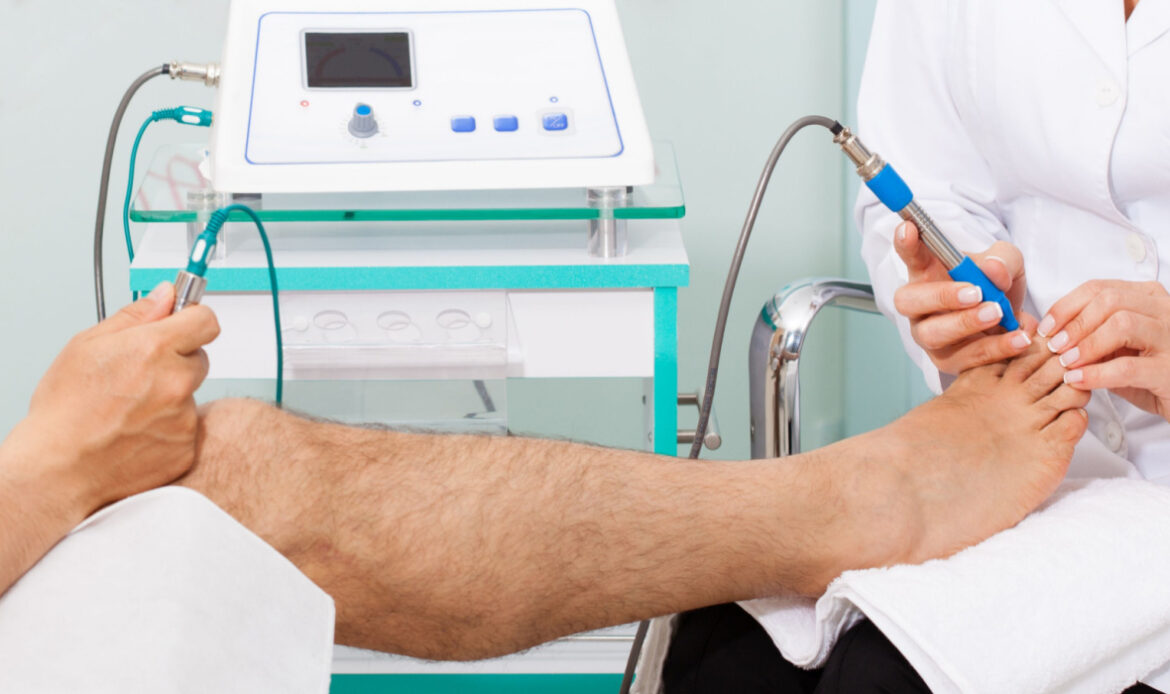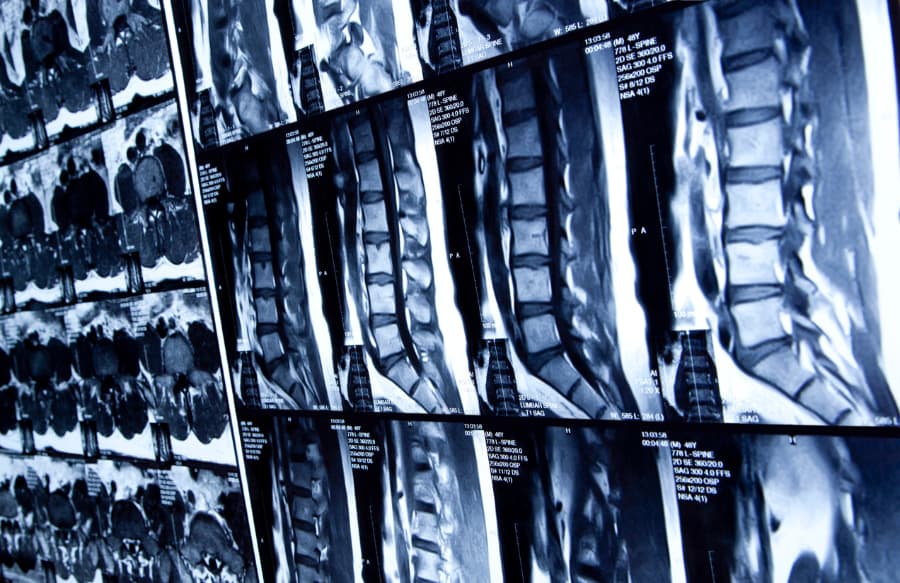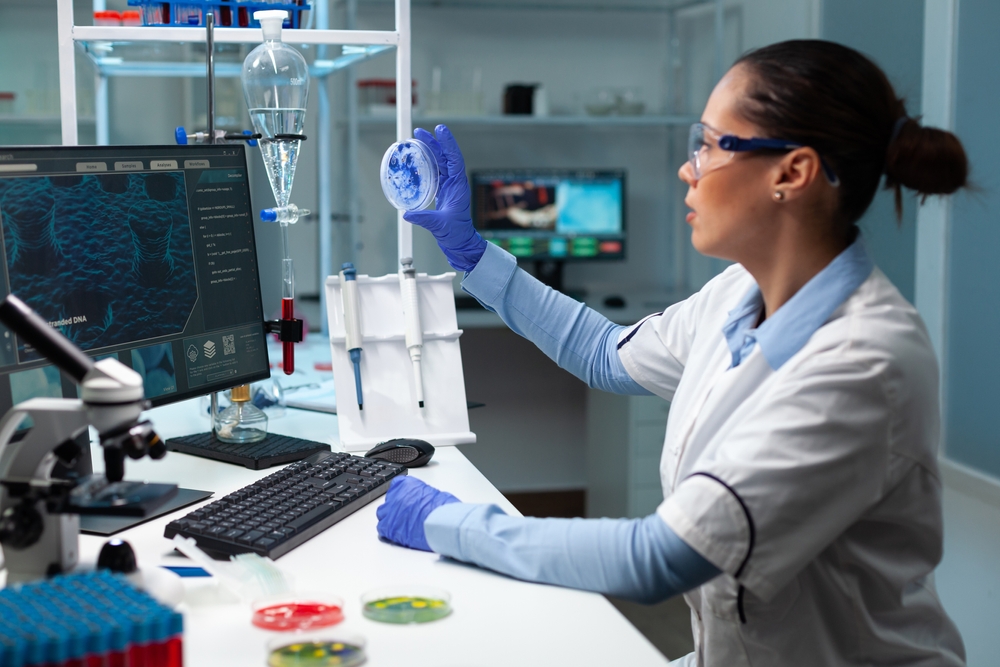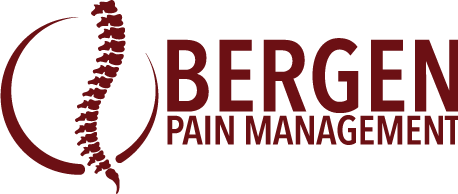
Electrodiagnostic Testing in New Jersey
With locations in Paramus, Union, and West New York, New Jersey, Bergen Pain Management diagnoses a wide range of ankle and foot, body, cervical/neck, elbow, hand, hip, knee, lumbar/lower back, thoracic/mid-back, and shoulder conditions via electrodiagnostic testing. This technique helps Dr. Thomas Ragukonis ensure an accurate diagnosis of your symptoms and develop a treatment plan based on reliable results. Learn more about how we address a host of conditions in Northern New Jersey, beginning with electrodiagnostic testing.
What Is Electrodiagnostic Testing?

Before recommending a treatment plan for your condition, Dr. Ragukonis first diagnoses the pain’s cause through a physical examination, imaging like X-rays or MRIs, and electrodiagnostic testing. Electrodiagnostic techniques aid in making a diagnosis by:
- Recording certain body parts’ electrical activity
- Exposing these body parts to external electrical stimuli and measuring their natural response
By reading and analyzing the electrical impulses found between nerves and muscles, Dr. Ragukonis can trace the pain back to its root cause by determining where signals falter. By utilizing this state-of-the-art technology, our patients receive more accurate, quicker diagnoses and can begin on a treatment plan that should effectively address their pain.
Types Of Electrodiagnostic Testing
At Bergen Pain Management, utilizing the following types of electrodiagnostic testing helps to ensure our treatments are based on reliable results and provide a higher-quality experience and successful recovery to patients:

Electromyography
Known as an EMG, this procedure seeks to evaluate the nerve cells that control certain muscles, or motor neurons, and their overall condition. Motor neurons are responsible for contracting and relaxing muscles through the electrical signals they transmit, so an EMG measures and charts these signals to aid Dr. Ragukonis in making a diagnosis. It is typically performed on patients who show signs and symptoms of a nerve or muscle disorder, such as:
- Unexplained limb weakness, pain, or cramping
- Tingling
- Paralysis
- Numbness
- Tics (involuntary muscle twitching)
An EMG takes between 30 and 60 minutes to complete and involves the following two phases of testing:
- Nerve conduction study: First, Dr. Ragukonis applies multiple electrodes to the skin’s surface, enabling him to assess how capable motor neurons are of sending electrical signals and communicating with muscles.
- Needle EMG: Next, sensors called needle electrodes are gently inserted into muscles, allowing Dr. Ragukonis to evaluate their levels of electrical activity when muscles are both at rest and contracted.
Nerve Conduction Studies
Known as NCS, these tests discover the speed at which an electrical impulse travels through a nerve, helping to detect nerve damage. Specifically, this speed is calculated with the distance present between electrodes and the travel time for electrical impulses. These studies are often performed in conjunction with an EMG to determine whether a patient is experiencing a muscle or nerve disorder. The three types of NCS include:
- Motor: This type involves the stimulation of motor nerves so Dr. Ragukonis can record the compound muscle’s action potential.
- Sensory: This type electrically stimulates sensory nerves and records their action, or, in other words, their sensory nerve action potential (SNAP).
- Mixed: This type mixes both motor and sensory testing techniques.
During the procedure, Dr. Ragukonis will first identify which nerves will be examined. Then, a recording electrode is attached to the skin above the nerve before placing a stimulating electrode elsewhere on the body. The nerve is then stimulated with a swift, mild shock, which may result in minor discomfort for a short period of time.

